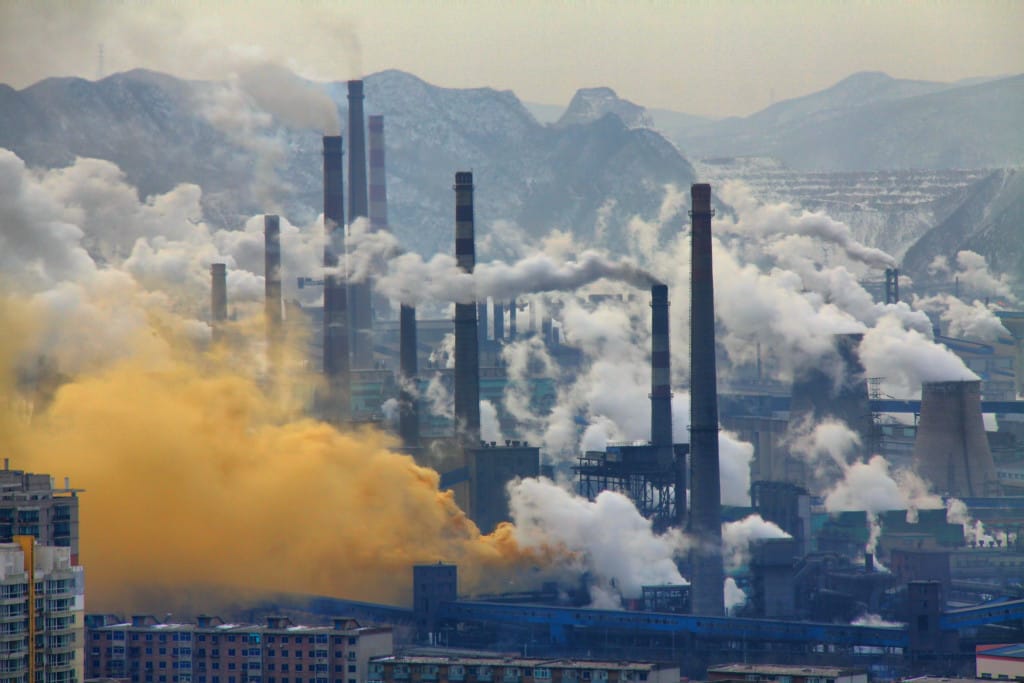
In this video Dharna Noor, producer at The Real News Network, interviews atmospheric physicist, Pablo Canziana. The following questions are addressed in this video interview:
For the transcript of the video, click here.
Notable excerpts from the video:
Pablo Canziani on the 2°C limit in the Paris Agreement:
“So, as a mathematician would say, we have something that is necessary but probably not sufficient. It is a starting point and we have to view it as a good starting point. I think we have to be optimistic in that sense.
However, because the agreement requires that climate change stay below 2° C and that is, I wouldn’t say a mythical figure but it is a very important figure. 2° C means that we can avoid catastrophic climate change, we cannot avoid climate change now because of two things. The inertia of the climate system with response to the delay of 20-30 years of whatever action we take now. Secondly, beyond 2°, you have the emissions that we’re doing now for most greenhouse gases, primarily, carbon dioxide, which comes up from fuel emissions, fuel burning emissions, energy generators, et cetera, has a life span in the atmosphere of 180 to 300 years depending on the calculations. So, whatever we do now will be with humanity for, at least, 200 to 300 years, if not longer. So, we cannot say that we can fight back climate change. The only thing we can do is to stop getting it worse.”
Pablo Canziani on benefits of the financial and human cost of fossil fuels:
“Our society has become accustomed to this cheap energy and the fact is that humanity in the future can no longer – if we want to survive in this planet as part of the eco system, as part of the biosphere and keep the biosphere going – there’s no way that we can go on spending cheap energy as we are right now.
That requires new energy sources, mainly of which we already know of. Like, solar energy, wind energy. We can get energy out of the sea through the waves, some people are talking about using the different thermal gradients of the sea to retrieve energy. There’s plenty of ways to do it.”
Pablo Canziani on the perspectives of the Paris Agreement:
“What worries me is that we need to educate the citizen, as we’re doing right now with your help, by talking about all of this. We have to engage the citizen, because as we know in the field of science and the field of social sciences, this is going to be a bottom-up change. This is going to come from the citizen, up through the private sector, and through the government, through the way we can request for change.
A new thing that we have to remember with all these issues is that right now, 25 percent of the global population use about 80 to 85 percent of the resources, including energy, globally. We have 50 percent of the population, which only uses 3 to 4 percent of the natural resources or have access to natural resources. So not only do we have to face the challenge of reducing emissions but making this more fairly distributed, globally. So, that is an important issue to detain in all of our countries.”
We are hosting an event on the 15th of January 2017, which will feature leading experts in Edward Snowden, Jeremy Scahill, Jürgen Todenhöfer, Srecko Horvat, Richard Wolff and Paul Jay, who will talk about various issues (Military Industrial Complex, Political Economy, Mass Media, Activism, etc.) with the underlying aim of providing context as well as solutions. For more infos, click here.
Our plan is to live-stream this event on the internet to a global audience and capture it via video to be made available for free on social media. We also hope to translate all the footage into multiple languages to inform people globally and not just from the English speaking world.
Please assist us with a donation today to so that we can not only continue our current operations but also fully realize our plans for the upcoming event. Please support us today by donating via PayPal or Bank transfer by clicking here or on the picture below!
Leave a Reply